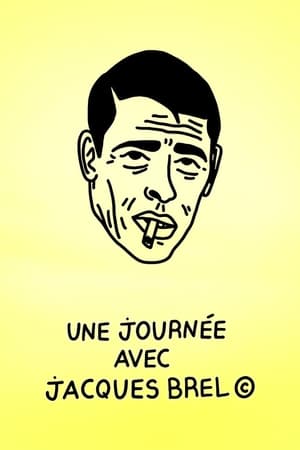Movie: Biele na čiernom
Top 9 Billed Cast

Biele na čiernom
HomePage
Overview
Release Date
1961-12-31
Average
0
Rating:
0.0 startsTagline
Genres
Languages:
SlovenčinaKeywords
Similar Movies
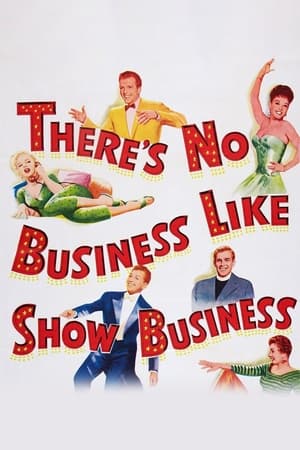 6.1
6.1There's No Business Like Show Business(en)
Molly and Terry Donahue, plus their three children, are The Five Donahues. Youngest son Tim meets hat-check girl Vicky and the family act begins to fall apart.
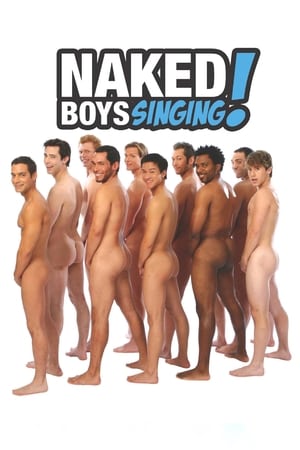 5.0
5.0Naked Boys Singing!(en)
This whimsical Off-Broadway hit musical is aptly reworked and transferred to the screen. The self-descriptively titled Naked Boys Singing is a musical revue of songs that poke fun at gay life, body image, love, loss and yearning.
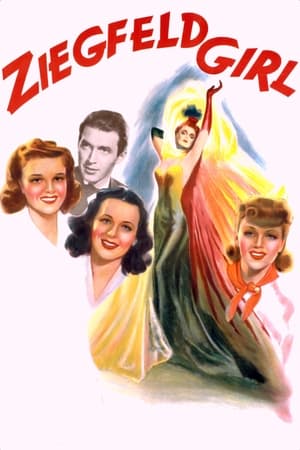 6.5
6.5Ziegfeld Girl(en)
Discovery by Flo Ziegfeld changes a girl's life but not necessarily for the better, as three beautiful women find out when they join the spectacle on Broadway: Susan, the singer who must leave behind her ageing vaudevillian father; vulnerable Sheila, the working girl pursued both by a millionaire and by her loyal boyfriend from Flatbush; and the mysterious European beauty Sandra, whose concert violinist husband cannot endure the thought of their escaping from poverty by promenading her glamor in skimpy costumes.
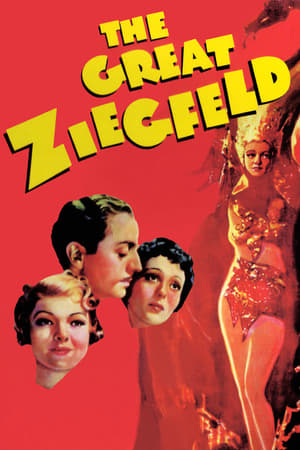 6.3
6.3The Great Ziegfeld(en)
At the 1893 Chicago World's Fair, sideshow barker Florenz Ziegfeld turns the tables on his more-successful neighbor Billings, and also steals his girlfriend. This pattern repeats throughout their lives, as Ziegfeld makes and loses many fortunes putting on ever-bigger, more spectacular shows
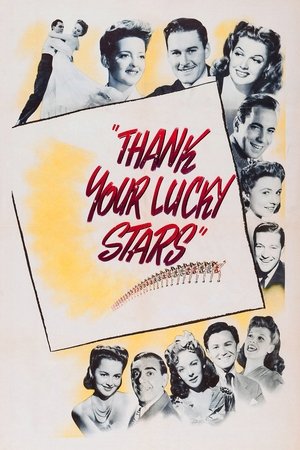 6.1
6.1Thank Your Lucky Stars(en)
An Eddie Cantor look-alike organizes an all-star show to help the war effort.
 5.7
5.7New Faces(en)
New Faces was a musical revue with songs and comedy skits tied together by a quirky plot. It ran on Broadway for nearly a year in 1952 and was then made into a motion picture in 1954. It helped jump start the careers of several young performers including Paul Lynde, Alice Ghostley, Eartha Kitt, Carol Lawrence, performer/writer Mel Brooks (as Melvin Brooks), and lyricist Sheldon Harnick. The film was basically a reproduction of the stage revue with a thin plot added. The plot involved a producer and performer (Ronny Graham) in financial trouble and is trying to stave off an angry creditor long enough to open his show. A wealthy Texan offers to help out, on the condition that his daughter be in the show.
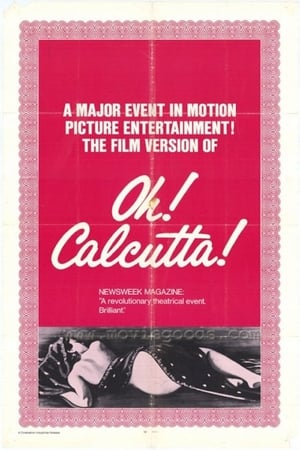 2.7
2.7Oh! Calcutta!(en)
Based on the controversial off-Broadway musical comedy revue, "Oh! Calcutta!" is a series of musical numbers about sex and sexual mores. Most of the skits feature one or more performers in a state of undress, simulating sex, or both. The show sparked considerable controversy at the time because it featured extended scenes of total nudity, both male and female. The title is taken from a painting by Clovis Trouille, itself a pun on "O quel cul t'as!" French for "What an arse you have!".
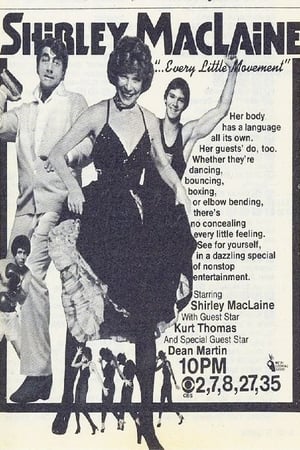 0.0
0.0Shirley MacLaine: '...Every Little Movement'(en)
A salute to movement in various forms, both literal (the physical movement of a dancer or gymnast) and figurative (movement in a relationship between two people).
 3.5
3.5The Big Revue(en)
A musical revue featuring children, primarily girls, is presented. The first number has a chorus of girls performing a high kicking dance routine with tambourines, before two soloists, a boy and a girl, take center stage to do a gymnastic dance number. The girls chorus then takes over to perform a synchronized song and tap dance style number. Next, the young female orchestra leader introduces the Gumm Sisters, the three who sing and dance on stage by themselves. The final number has another chorus of dancing girls performing an Arabian-themed number.
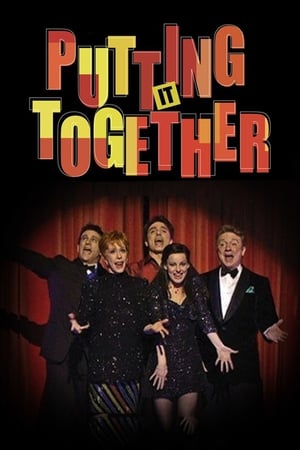 6.4
6.4Putting It Together(en)
An all-star cast performs the music of one of the greatest composers of our time... Stephen Sondheim. Anxiously anticipated by the myriad fans of the legendary composer, Putting It Together marked the return of Carol Burnett to the Broadway musical stage for the first time in over 35 years. Stephen Sondheim has won a record seven Tony Awards for his songwriting, and the Pulitzer Prize for Sunday in the Park with George. His Broadway smash shows and movies include Gypsy, A Funny Thing Happened on the Way to the Forum, Sweeney Todd, Dick Tracy, and West Side Story. This Cameron Mackintosh stage production was captured live in performance during its Broadway run and recorded in high definition with a widescreen format using ten cameras and over 40 microphones.
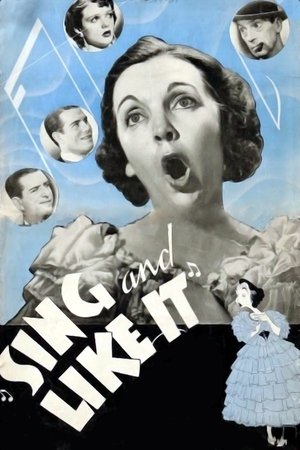 4.3
4.3Sing and Like It(en)
While breaking into a bank safe, a gangster overhears a bank employee singing and decides to put her in a Broadway revue
Calling All Kids(en)
An Our Gang salute to the armed forces finds the gang performing a revue honoring the U.S. military. Amidst such highlights as a "recruiting office" sketch featuring the duo of Mickey and Froggy, and a closing ensemble piece with lyrics that rhyme "Taxes" with "Axis," the film features an extended celebrity-impression routine, with Buckwheat imitating Eddie "Rochester" Anderson and other kids posing as Judy Garland, Eleanor Powell, Fred Astaire, Carmen Miranda, and Virginia O'Brien.
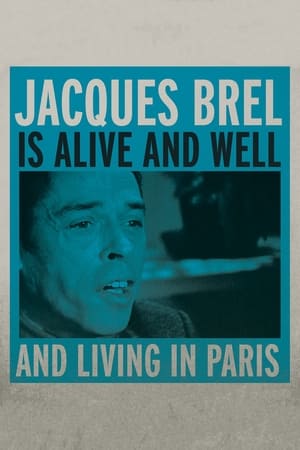 4.3
4.3Jacques Brel Is Alive and Well and Living in Paris(en)
Three attendees at a puppet theater don various roles in order to sing a variety of songs by Jacques Brel, all while hippies and other eccentrics cavort about them.
 7.3
7.3Here Comes Cookie(en)
A scatterbrained heiress opens her home to a succession of unemployed actors and vaudeville performers, then decides to produce her own show, much to the consternation of her father, her sister and her sister's boyfriend, who is actually after the young girl's money.
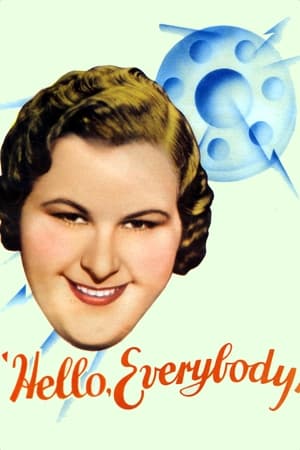 6.0
6.0Hello, Everybody!(en)
The setting is a farm. Kate Smith and Sally Blane play sisters; assorted relatives live with the sisters, but everyone at home, and in the whole town, depends on Kate to hold everything together. The power company wants to build a dam which will require flooding many of the farms; Kate is holding out; if Kate sells, everyone else will sell; if Kate refuses, the rest of the town will refuse as well. Randolph Scott meets Kate's beautiful sister, Sally Blane, at a dance. Randolph Scott, as it turns out, is an agent for the power company. Kate thinks he's just using Sally; Sally believes that he truly likes her. Randolph comes to the farm and appears to woo Kate. Kate remains unconvinced about selling out, but falls for Randolph.
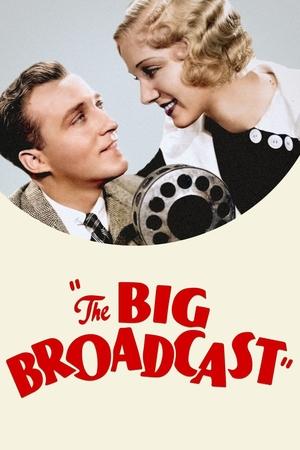 7.1
7.1The Big Broadcast(en)
The top brass at a radio station believe their popular new star singer is paying more attention to his love life than to his career.
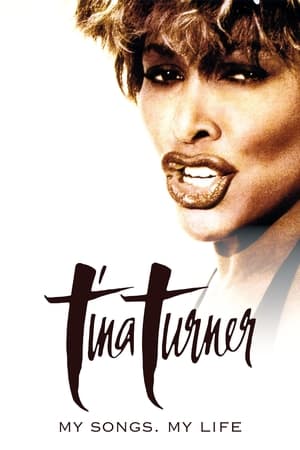 8.0
8.0Tina Turner - My Songs. My Life(de)
Hardly any other world star has left such a profound mark on people's hearts and on music history. This documentary traces the influence of an exceptional artist and follows the paths she paved for a new generation of Black artists.

